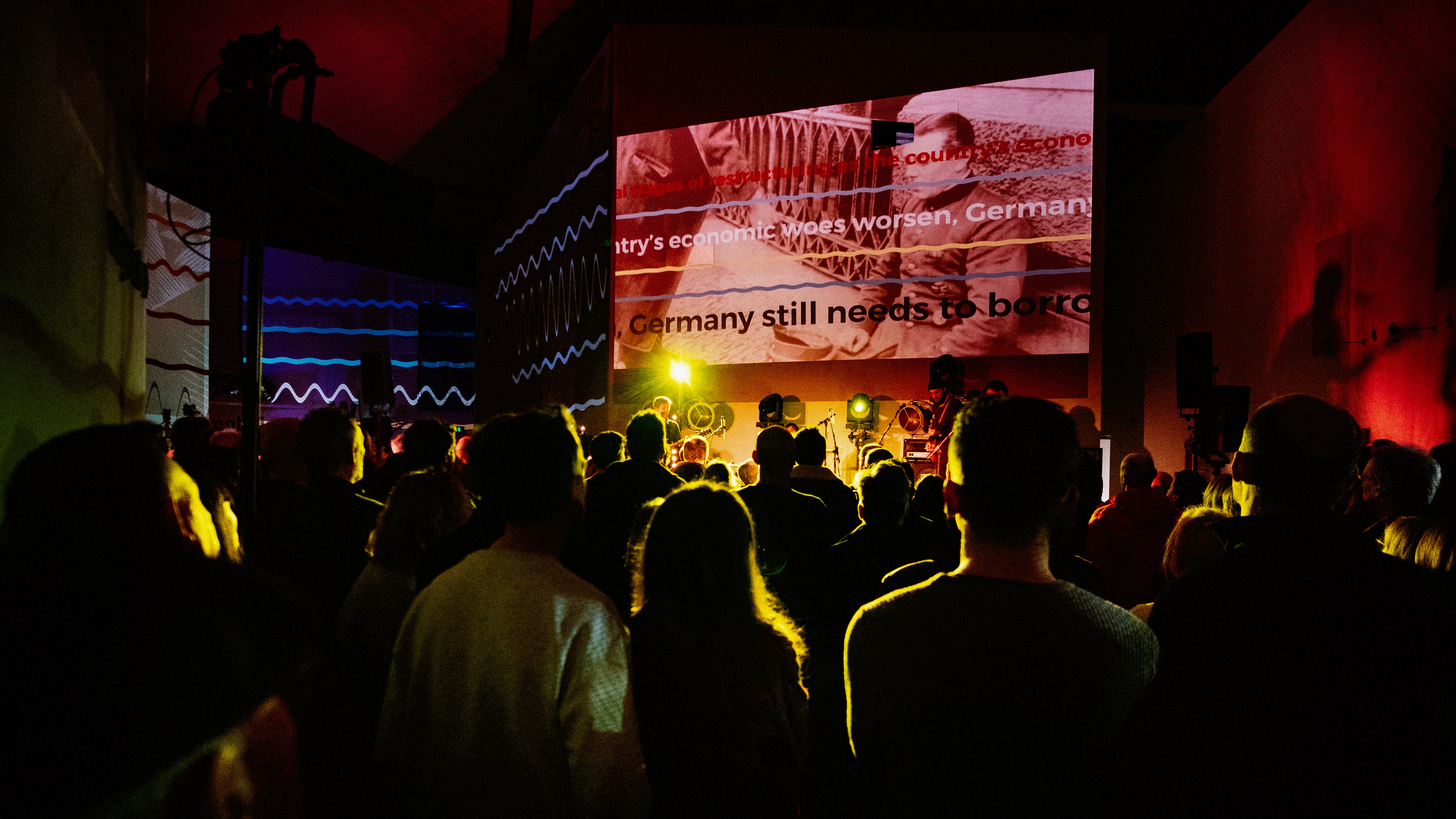
Field Music: live review
Back in January I was given the opportunity to review a live performance at Imperial War Museum North by one…

Back in January I was given the opportunity to review a live performance at Imperial War Museum North by one…

Field Music to perform a suite of new songs at Imperial War Museums [This piece original appeared in edited form…